One-Day Training session on "Know Your Child’s Brain" with Teachers
One-Day Training session on "Know Your Child’s Brain" with Teachers
One-Day Training Recap: Know Your Child’s Brain with Teachers of Bal Bikash English Secondary School, Bhaktapur
At Vygotsky Nepal, our mission is simple yet powerful: to bridge the gap between neuroscience and everyday education. On this path, we had the privilege of conducting a one-day session on “Know Your Child’s Brain” with the passionate and dedicated teachers of Bal Bikash English Secondary School, Bhaktapur.
This training was not just another workshop—it was a transformative learning experience aimed at equipping teachers with practical, science-backed tools to understand the developing brain of a child. In today’s classrooms, where behavioral challenges and emotional struggles often take center stage, we believe that brain-wise teachers can make all the difference.
A heartfelt thank you goes to Surendra Raj Gosain Sir, whose support and vision for progressive education made this session possible. His leadership continues to pave the way for more mindful and research-informed approaches in Nepali schools.
Why Train Teachers in Neuroscience?
We often hear that children are the future—but what shapes that future? At the heart of every child’s learning journey is a brain that is constantly growing, rewiring, and adapting. When educators understand the brain’s inner workings, they can move from reacting to behavior to responding with insight, patience, and strategy.
The Know Your Child’s Brain session focused on how the brain impacts behavior, learning, and emotional regulation, giving teachers a lens that goes beyond surface-level discipline and classroom control.
We explored:
-
The structure and function of a child’s brain
-
Why children “act out” and what it tells us neurologically
-
The impact of stress and safety on attention, memory, and behavior
-
How relationships and emotional safety fuel cognitive growth
-
Brain-wise teaching strategies that promote connection before correction
What Happened in the Session?
The day unfolded through rich discussions, case examples, visual aids, and interactive reflection exercises. The participants were introduced to the triune brain model—the survival brain, emotional brain, and thinking brain—and how each part is activated in different situations inside the classroom.
We dove into real-life classroom challenges—tantrums, emotional shutdowns, defiance, lack of focus—and reexamined them through the lens of neuroscience.
Rather than labeling children as "difficult", "naughty", or "disobedient", we practiced asking a new set of questions:
-
What is this child’s nervous system trying to communicate?
-
Are they feeling safe, seen, and supported in this moment?
-
How can I co-regulate with this child instead of escalating the situation?
Teachers as Brain Builders
One of the core messages of the session was this: Every interaction in the classroom shapes the child’s brain.
When teachers respond with warmth, empathy, and predictability, they help build neural pathways that support emotional regulation, social skills, and learning. On the other hand, constant stress, fear, or punishment can activate survival states that block cognitive functioning.
This understanding gave teachers a powerful mindset shift—from “How do I fix this behavior?” to “How do I support this brain?”
Participants also learned about:
-
The window of tolerance: the zone in which a child can learn, reflect, and grow
-
Co-regulation: how an adult’s calm presence can calm a dysregulated child
-
How relationships are the foundation of learning, not a distraction from it
-
Tools to de-escalate emotional moments without shame or blame
A Culture of Compassionate Teaching
The energy and engagement in the room were incredible. The teachers at Bal Bikash brought in their real classroom experiences, asked thought-provoking questions, and reflected deeply on their current practices.
Many shared that this was their first time learning about the brain in such a practical way—and that it had changed how they view student behavior entirely.
One teacher expressed, “Now I understand why some children just can’t sit still or follow instructions—it’s not always willful disobedience. Sometimes, it’s a brain in distress.”
Another shared, “This session gave me hope. I now feel more equipped to support my students, not just academically but emotionally too.”
Thank You, Bal Bikash School
This session would not have been possible without the warm collaboration of Bal Bikash English Secondary School. We are grateful to the entire school team for embracing this initiative with such openness and enthusiasm.
A special thank you to Surendra Raj Gosain Sir, whose consistent support of evidence-based education continues to inspire us. Your dedication to the well-being of students and the growth of teachers is shaping a brighter, more mindful future.
Inquire Now
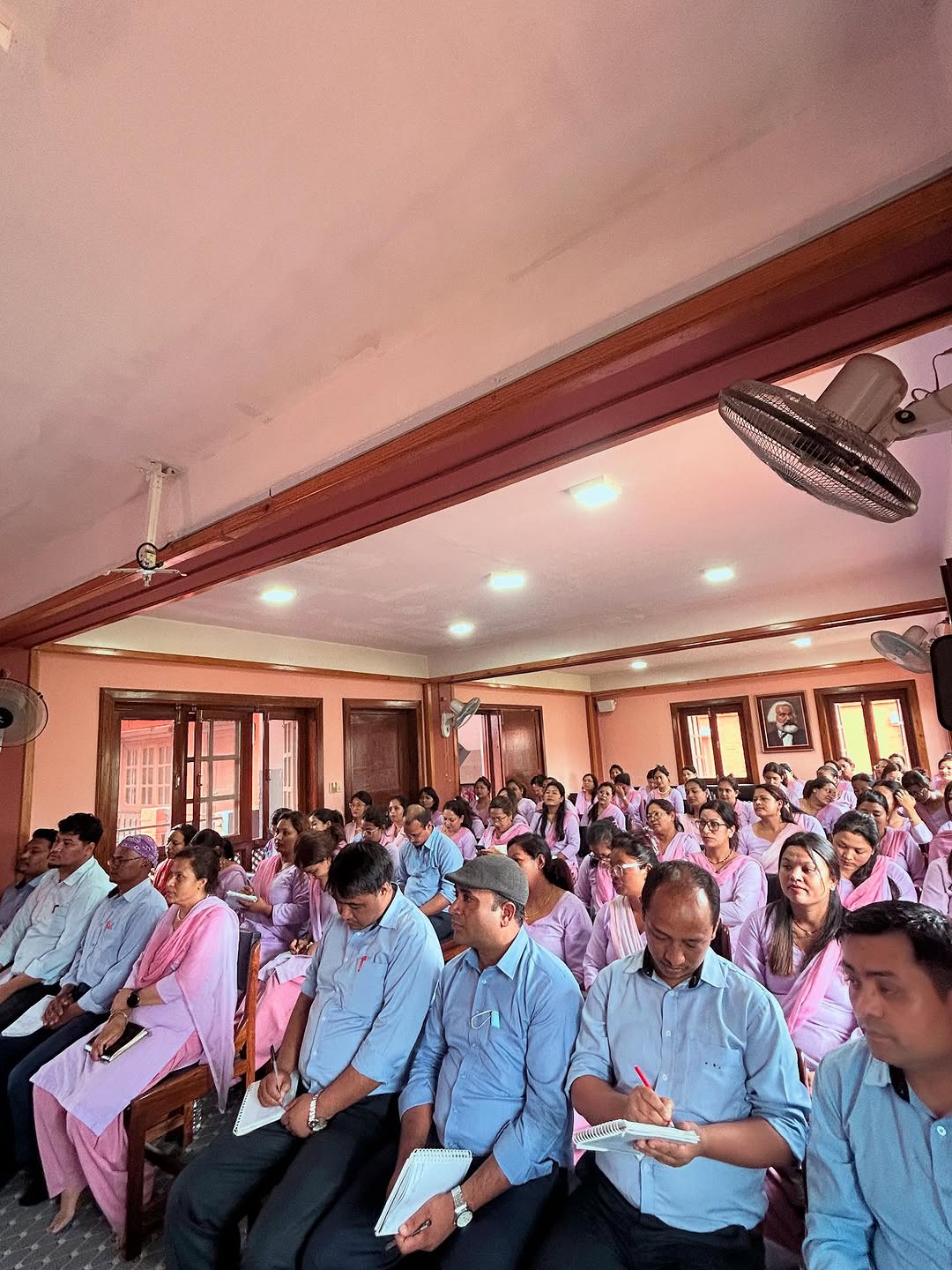
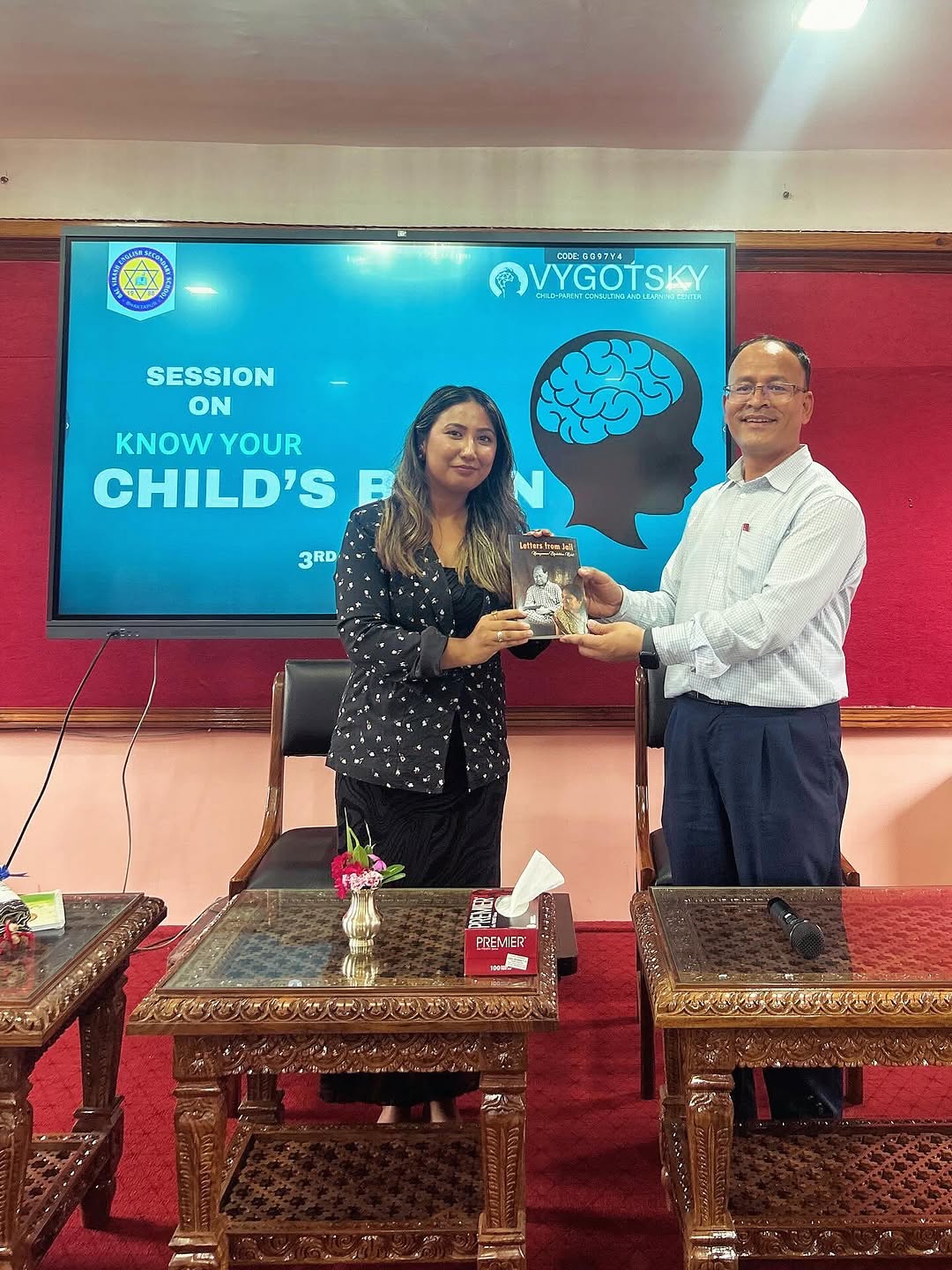
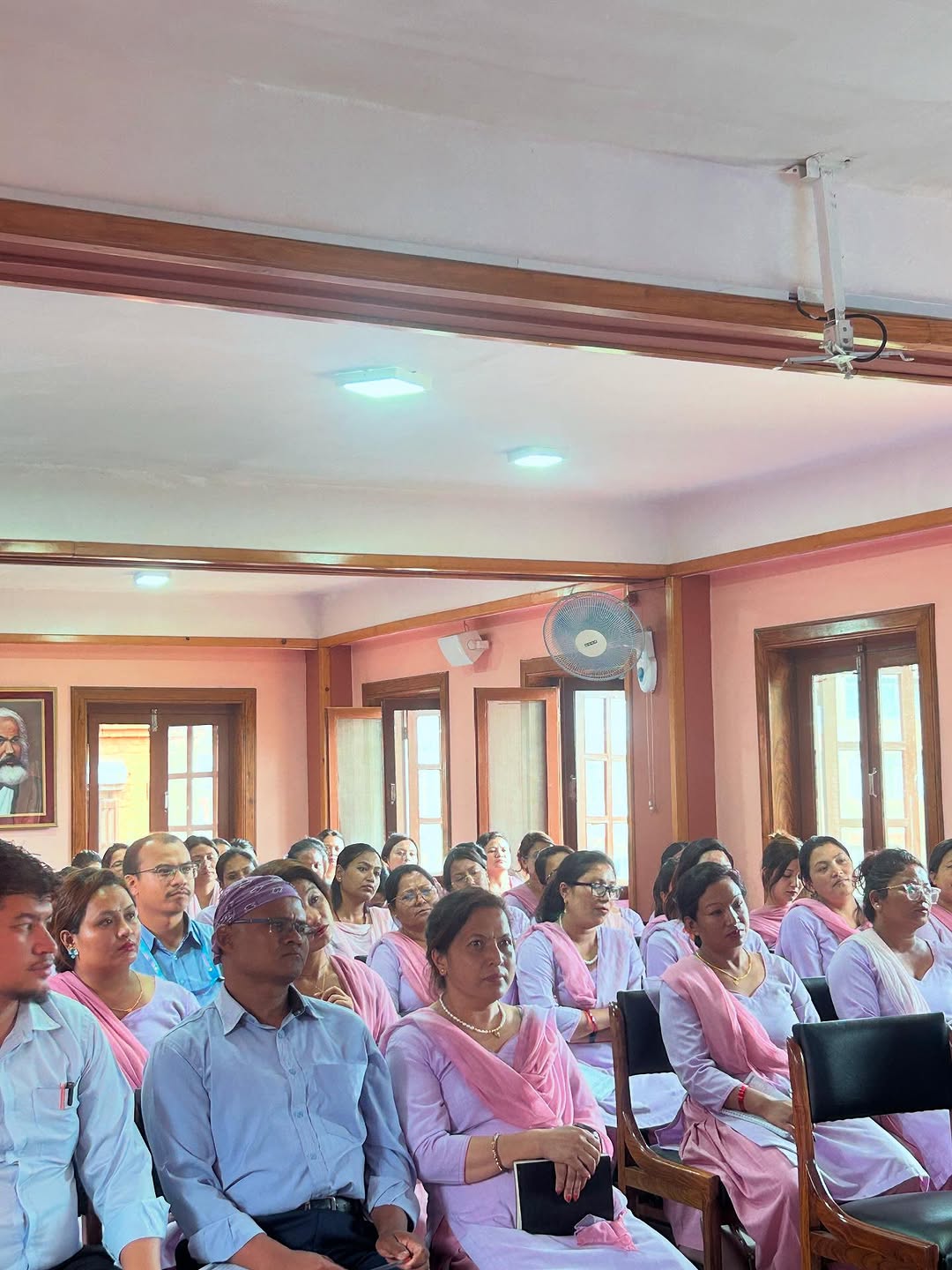
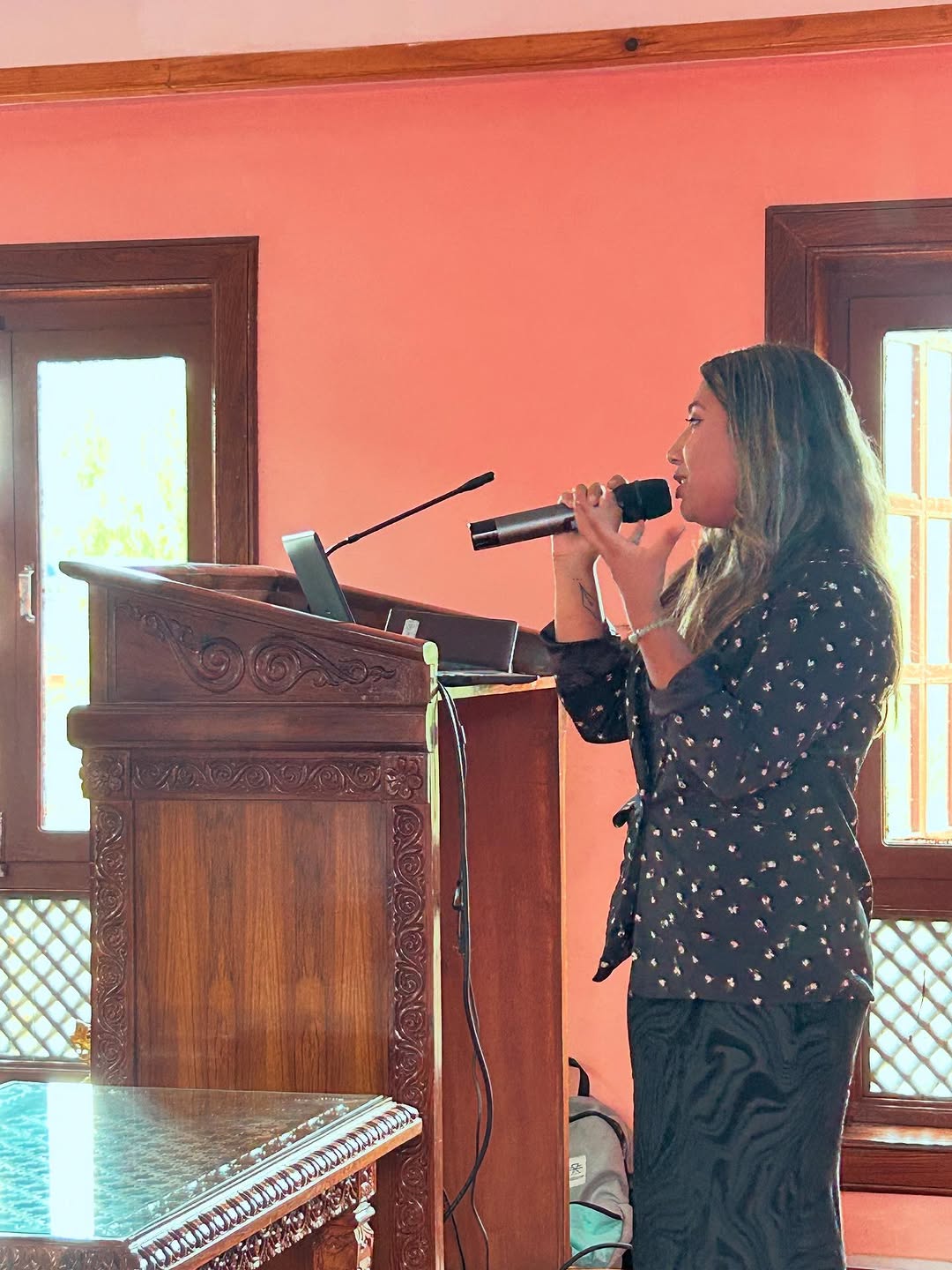
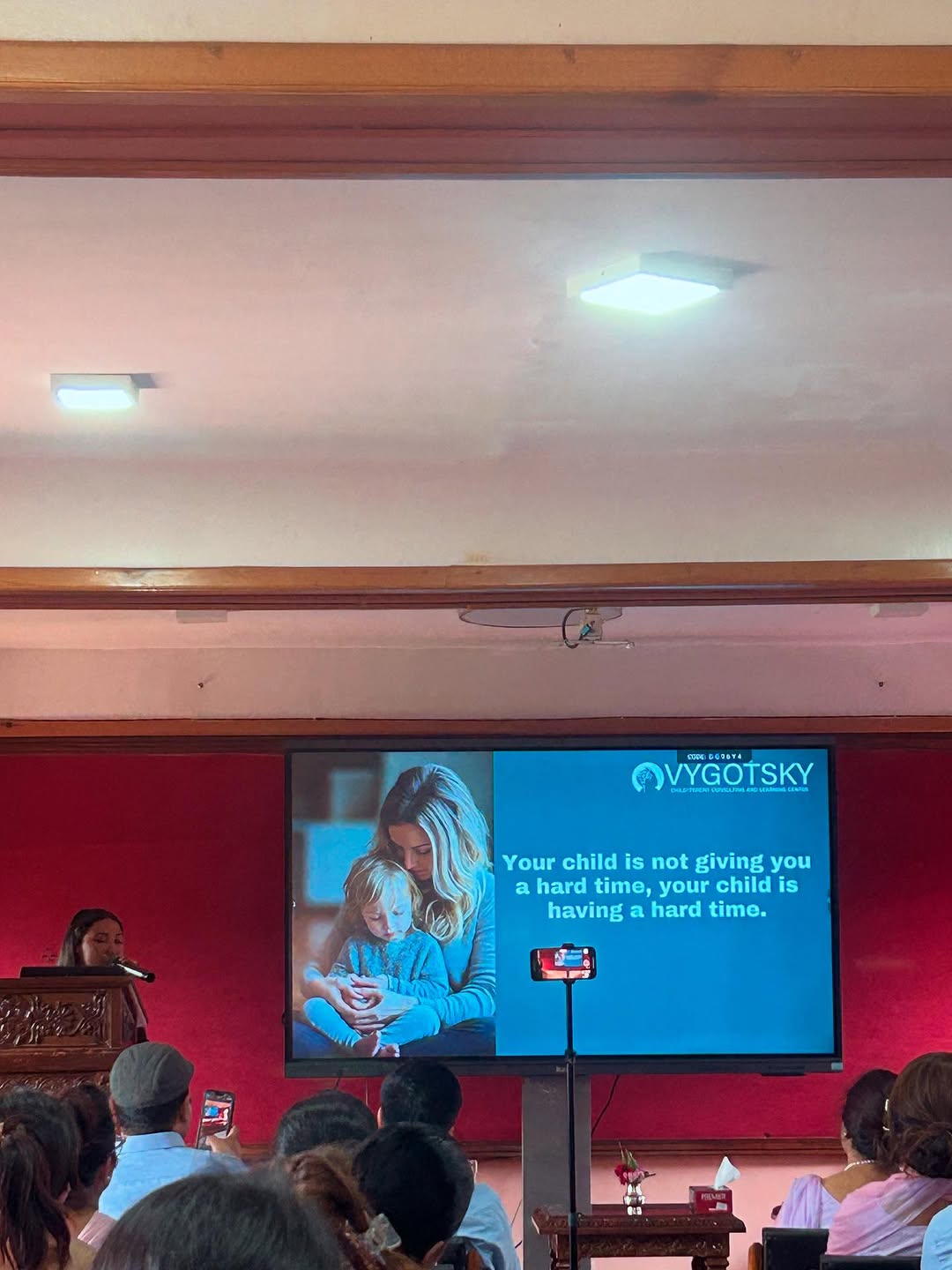
A two-day workshop aimed at empowering pre-prim...
Empowering Educators, Enriching Childhoods An ...
It’s not every day that you walk into a s...
My recent experience in Golanjor-4, Ranikhola, ...
As someone who believes in making the most of e...
“Know Your Child’s Brain&rdqu...
Smart Parenting Nepal recently hosted a highly ...
One-Day Training Recap: Know Your Child’s...
Bihani Kiran School has successfully completed ...
Darshan Child Care successfully completed a fiv...

